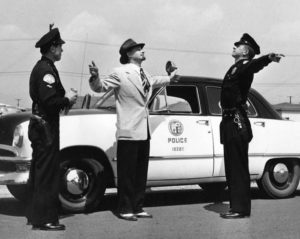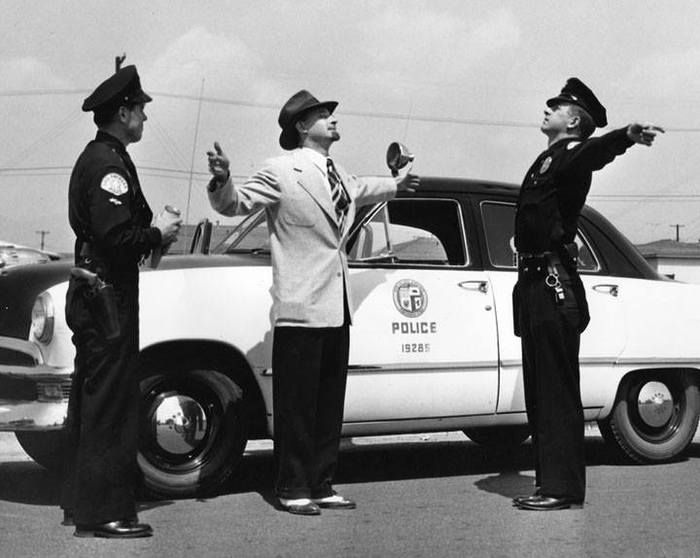
In Part 1.1, we discussed when the Fourth Amendment applies. Stated another way, we learned precisely when a police officer must justify intrusions into our personal space or property. In Part 1.2, we will discuss what the government must show to render a search or seizure reasonable. The justification rules depend upon whether or not the police sought judicial approval first (i.e. acted pursuant to a warrant). This subsection focuses on activity manifested pursuant to a warrant.
Search & Seizure by Warrant
A warrant is judicial authorization for state actors to search a particular place (search warrant) or to arrest a particular person (arrest warrant). In this subsection we will learn what makes a warrant valid and what constitutes a valid execution of that warrant.
First and foremost, we must have a neutral and detached magistrate (i.e. judge/bench officer) reviewing the officer’s application for a warrant. See Lo-Ji Sales, Inc. v. New York, 442 U.S. 319 (1979). The reviewing court must be free of any conflicts that would thwart their ability to be fair.
Second, the officer must submit an affidavit (sworn statement under oath) to the court that establishes “probable cause” – probable cause to believe evidence of a crime exists in the place to be searched and/or probable cause to believe that someone has committed a crime.
What is probable cause? Probable cause equals the quantity of facts and circumstances that would lead a reasonable person to believe that the person in question has likely committed a crime, or that specific evidence of a crime will likely be found at a particular place. See Illinois v. Gates, 462 U.S. 213 (1983). Probable cause is more than a hunch or mere suspicion – we need specific concrete facts. The Gates case guides the court to evaluate the police officer’s anonymous informant’s credibility. Should the court believe the anonymous tipster? The police officer should state in his or her affidavit that the tipster has given reliable and accurate information in the past which has led to successful arrests and searches. If the tipster has no resume, the applying officer should explain how he or she corroborated the tips in their affidavit. The Gates case also tells the court to analyze how the informant claims to know what they know: Officers should clearly describe that the informant has personally witnessed the events that comprise the tip.
In addition to probable cause, the affidavit must also describe with sufficient “particularity” the place to be searched and/or the items/things/persons to be seized. The police must show the issuing magistrate the identity of the person to be arrested or describe the nature of the evidence to be searched for. The authority to search and seize is limited to precise areas in which the the police have probable cause to find what they are looking for. The purpose of the “particularity” requirement is to ensure that the government limits the scope of the intrusion such that it has no discretion when executing the warrant. Remember, our nation is founded upon principles that are supposed to steer us away from tyranny.
Probable cause and particularity are the components to a valid warrant. But, officers acting on a valid warrant must properly execute that warrant in order to justify a search or seizure. Proper execution depends depends upon a few factors. First, the scope of the intrusion must be authorized by the warrant. For example, if the warrant says officers can search apartment B, then apartment A is out of the question even though it shares the same numerical address as apartment B. In addition, officers must monitor the warrant for staleness – the warrant must be executed within a reasonable amount of time from the point it was signed; probable cause can dissipate overt time. See e.g., Federal Rule of Criminal Procedure 41(e)(2)(A) (articulating a 14 day requirement). Similarly, warrants typically must be executed in the day time absent good cause otherwise. Finally, officers generally must “knock and announce” their presence, but this requirement is riddled with exceptions that absolve officers of silent raids. See Richards v. Wisconsin, 520 U.S. 385 (1997).


